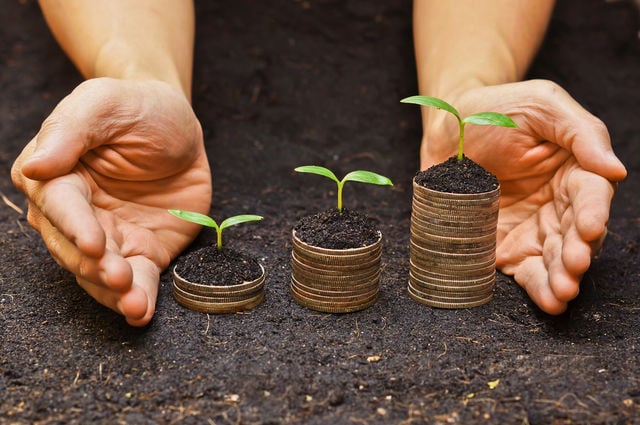Driving Resiliency and Sustainability in Hospitality: Five Priorities for 2021
23 experts shared their view
Recovery, resilience, recalibration, or bouncing back are a few examples of keywords that are at the center of any discussion surrounding the hospitality industry's economic prospects this past year. However uncertain the economic future may be, major crises of earth systems are unabated to date. While similarities exist between resiliency and sustainability (i.e. both concepts refer to the state of a system or organization over time in response to instabilities), there are notable differences, and conflicts, in the two concepts (i.e. achieving short-term economic resiliency at the expense of socio-environmental wellbeing). Looking forward, all eyes are on resiliency (growth!) in hospitality but how do we decouple growth from impacts, most notably carbon emissions? How do we ensure that sustainability is a component of resiliency (or vice versa)? What are the five priorities the hospitality industry should set to tackle resiliency and sustainability at the same time in 2021?
1). Think about the future, not the past: while many of us agree that COVID-19 is having a large and profound impact on guest expectations and how we should do business it's easy to be thinking about the past and how things used to be working. We're facing an unprecedented event that deserves unprecedented measures. More than ever we need to be able to listen to, hear, and take into account what our guests are expecting from us. Did they become sensitive to the plastics around them? Let's get rid of it! They are looking for the right balance between technology and human services? Let's find a way to offer it!
2). Focus on quality over quantity: identify your strengths and weaknesses with your teams and clients and get better. Look at your P&L and satisfaction survey but also at your environmental impact to get a complete overview of your business as of today (or yesterday) and get ready for tomorrow. Tomorrow you'll most certainly have to work with fewer guests and therefore fewer employees but also less water, less electricity, and fewer animal products which surely deserves to be prepared and able to focus on quality over quantity.
3). Build a local ecosystem of partners: COVID19 emphasized the risks attached to long procurement chains and the need to rely on a strong local ecosystem of partners. While local partners are also potential clients or the employers of potential clients, their prosperity is important for yours and vice-versa. Obviously, this also has a positive impact on your environmental footprint.
4). Training: implementing change, raising quality, and educating customers about all of this involves relevant training which is both a critical success factor of your new way of doing business and a means to reward and retain your employees.
5). Coherence: to wrap it up and convince your customers and partners that you've upgraded your business model you must show coherence. Coherence is visible in your communication, felt in your premises, and obvious in your guest reviews. Coherence is what is going to make you stand out, strive sustainably, and be resilient.


